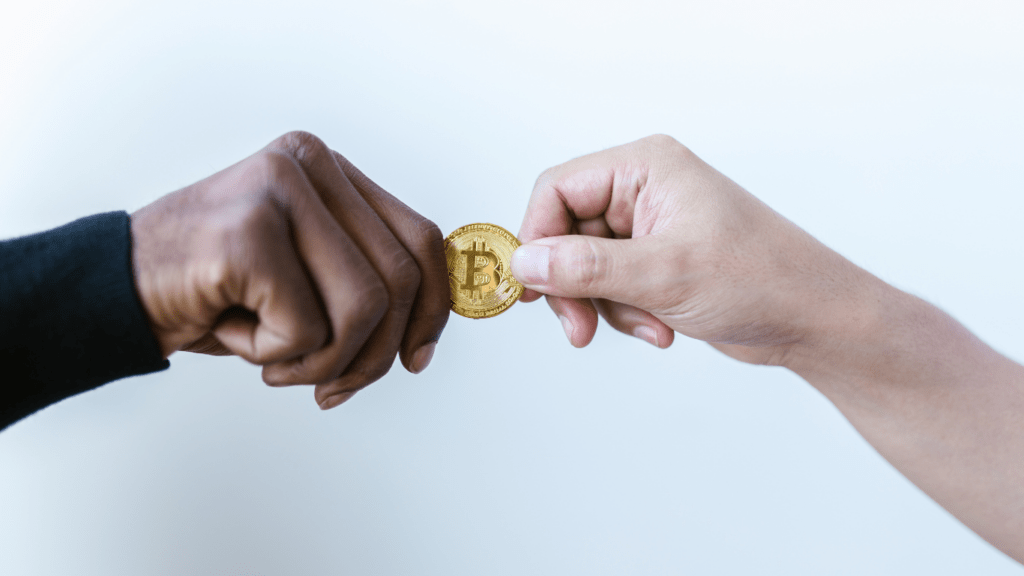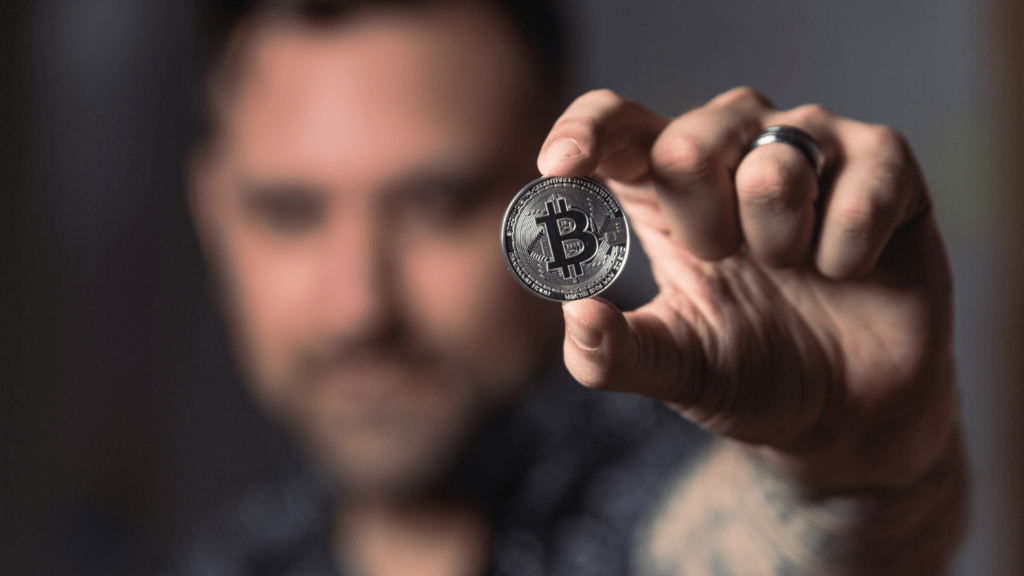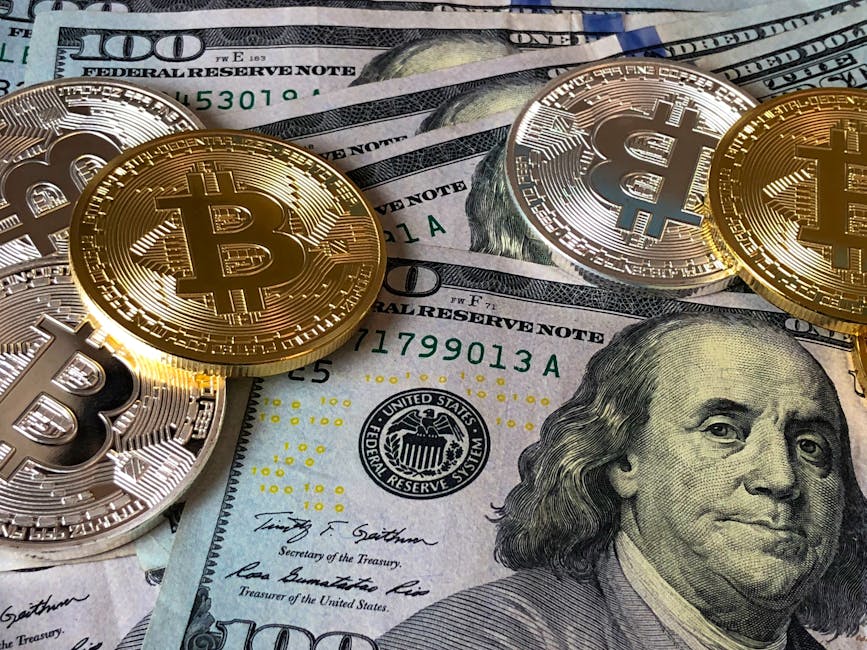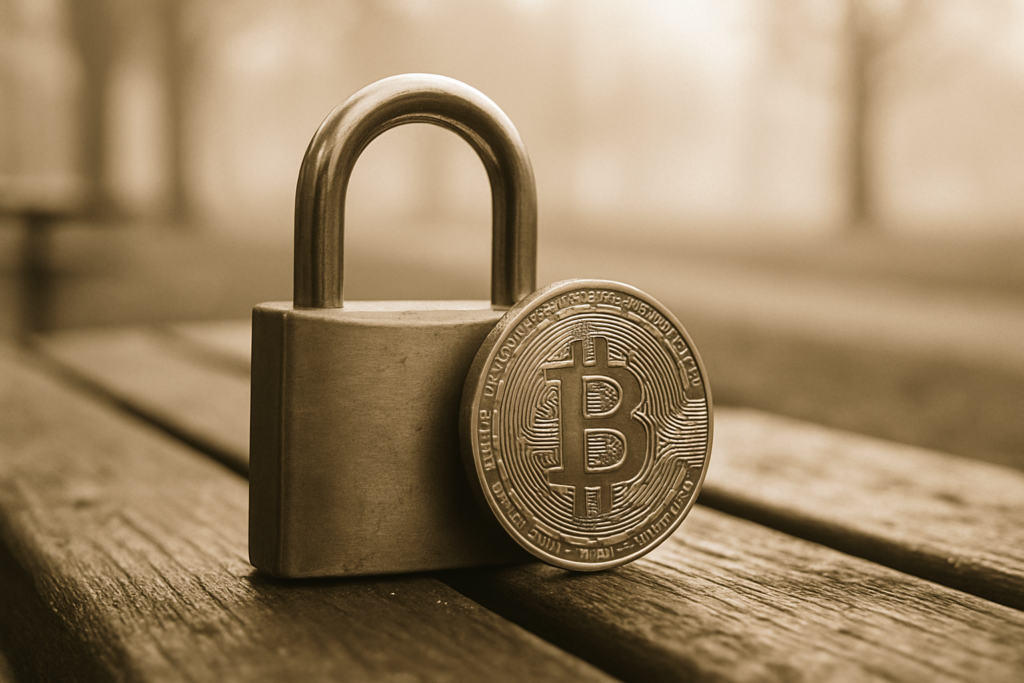In the fast-paced world of cryptocurrency investments, ensuring the security of your assets is paramount. As an avid investor myself, I understand the critical need for robust security measures to protect your hard-earned crypto holdings.
In this article, I’ll delve into the importance of security when it comes to safeguarding your crypto investments and provide you with valuable insights on how to fortify your digital assets against potential threats. Cryptocurrencies have revolutionized the financial landscape, offering lucrative opportunities for investors worldwide.
However, with great rewards come great risks, making security a top priority for anyone involved in the crypto space. From implementing two-factor authentication to utilizing hardware wallets, I’ll share expert tips and best practices to help you navigate the complex world of crypto security with confidence. Stay tuned to learn how you can safeguard your crypto investments effectively and protect your financial future.
Understanding the Importance of Security for Crypto Investments
Exploring the digital realm of cryptocurrency investments unveils a myriad of opportunities ripe for the taking. However, amidst the potential for financial gain lies the looming presence of security risks that can jeopardize one’s assets.
As an avid advocate for prudent investment practices, I delve into the fundamental significance of robust security measures when delving into the world of crypto investments. Addressing these risks head-on is paramount to ensure the preservation and growth of your digital assets.
Safeguarding your crypto investments is not merely a precautionary step but a proactive approach towards securing your financial future. By understanding the critical importance of implementing stringent security protocols, you fortify your defenses against potential threats in the volatile landscape of cryptocurrencies.
Best Practices for Securing Your Crypto Investments
Securing your crypto investments is paramount in the digital landscape of cryptocurrencies. As an experienced investor, I understand the importance of implementing robust security measures to safeguard your assets effectively.
Let’s delve into two essential practices to enhance the security of your crypto investments.
Using Hardware Wallets for Added Security
When it comes to securing your crypto investments, using a hardware wallet is one of the most secure options available. Hardware wallets are physical devices that store your private keys offline, making them less vulnerable to hacking attempts.
By keeping your private keys offline, away from potential online threats, hardware wallets provide an additional layer of security for your digital assets. Investing in a hardware wallet is akin to placing your crypto investments in a digital safe.
These wallets are designed to protect your private keys from unauthorized access and ensure that only you have control over your funds. With hardware wallets, you can securely store a wide range of cryptocurrencies, offering peace of mind knowing that your digital assets are safely protected.
Implementing Two-Factor Authentication (2FA) on Exchange Accounts
Another crucial practice for securing your crypto investments is implementing two-factor authentication (2FA) on your exchange accounts. 2FA adds an extra layer of security by requiring two forms of verification before granting access to your account.
This typically involves something you know (like a password) and something you have (like a unique code generated on your mobile device). By enabling 2FA on your exchange accounts, you mitigate the risk of unauthorized access even if your password is compromised.
Hackers would need both your password and access to your secondary verification method to breach your account successfully. This simple yet effective security measure significantly enhances the protection of your crypto investments and helps safeguard your funds from potential cyber threats.
Common Security Risks in the Crypto Space
In the realm of cryptocurrency investments, understanding the common security risks is crucial for safeguarding one’s digital assets effectively. As an experienced investor, I’ve encountered and navigated through various threats prevalent in the crypto space. Below are some of the typical security risks that investors need to be aware of:
- Phishing Attacks: Hackers often use deceptive emails or websites to trick individuals into revealing their sensitive information like passwords or private keys. It’s essential to always be vigilant and verify the authenticity of sources before sharing any personal details.
- Malware and Viruses: Malicious software can infect devices and steal cryptocurrency wallets or private keys, compromising the security of investments. Using reliable antivirus programs and avoiding clicking on suspicious links can help mitigate this risk.
- Exchange Hacks: Crypto exchanges can be vulnerable to cyber-attacks, leading to substantial losses for investors. Prioritize using reputable platforms with robust security measures to lower the risk of unauthorized access to your funds.
- Insider Threats: Internal breaches within organizations handling cryptocurrencies can pose a significant risk to investors’ assets. Choosing trustworthy partners and conducting due diligence before engaging in any transactions are essential steps to mitigate this threat.
- Pump and Dump Schemes: In this scheme, fraudsters artificially inflate the price of a cryptocurrency to attract investors and then quickly sell off their holdings, causing significant price drops. Staying informed and avoiding investments based on sudden price surges can help protect against such schemes.
Understanding these common security risks in the crypto space equips investors with the knowledge to proactively secure their investments and navigate the digital landscape with confidence. By staying informed and adopting best security practices, investors can mitigate potential threats and protect their financial assets effectively.
Tips for Avoiding Security Pitfalls
Exploring the world of cryptocurrency investments can be exhilarating, but it also comes with its own set of security challenges that every investor must address. As someone deeply invested in the crypto space, I understand the importance of protecting your digital assets from potential threats.
Here are some essential tips to help you steer clear of security pitfalls and safeguard your investments effectively:
- Use Hardware Wallets: Consider investing in a hardware wallet to store your private keys offline. By keeping your keys off the internet, you reduce the risk of hacking and unauthorized access to your funds.
- Enable Two-Factor Authentication (2FA): Adding an extra layer of security to your exchange accounts through 2FA can significantly enhance your protection against unauthorized logins and account breaches.
- Stay Vigilant Against Phishing Attacks: Be cautious of phishing attempts where malicious actors impersonate legitimate entities to trick you into disclosing sensitive information. Always verify the authenticity of communication before sharing any personal data.
- Keep Software Updated: Ensure that your wallet and exchange platforms are running on the latest software versions to mitigate vulnerabilities that could be exploited by attackers.
- Be Wary of Malware and Viruses: Regularly scan your devices for malware and viruses that could compromise the security of your crypto wallets. Install reputable antivirus software and practice safe browsing habits.
- Diversify Your Investments: Avoid putting all your funds in a single cryptocurrency or exchange. Diversification can help minimize the impact of potential security breaches or market fluctuations on your overall portfolio.
- Conduct Due Diligence: Before investing in any new cryptocurrency or platform, thoroughly research the project, team, and security features in place. Stay informed about the latest security trends and best practices in the crypto industry.
- Secure Your Physical Workspace: Protect your devices and physical assets by ensuring that your work environment is secure. Use strong passwords, lock screens, and encrypted storage to prevent unauthorized access to your sensitive information.
By implementing these proactive security measures and staying informed about the evolving threats in the crypto landscape, you can strengthen your defenses against security risks and safeguard your investments for the long term. Stay vigilant, stay informed, and prioritize security in every aspect of your cryptocurrency journey.





